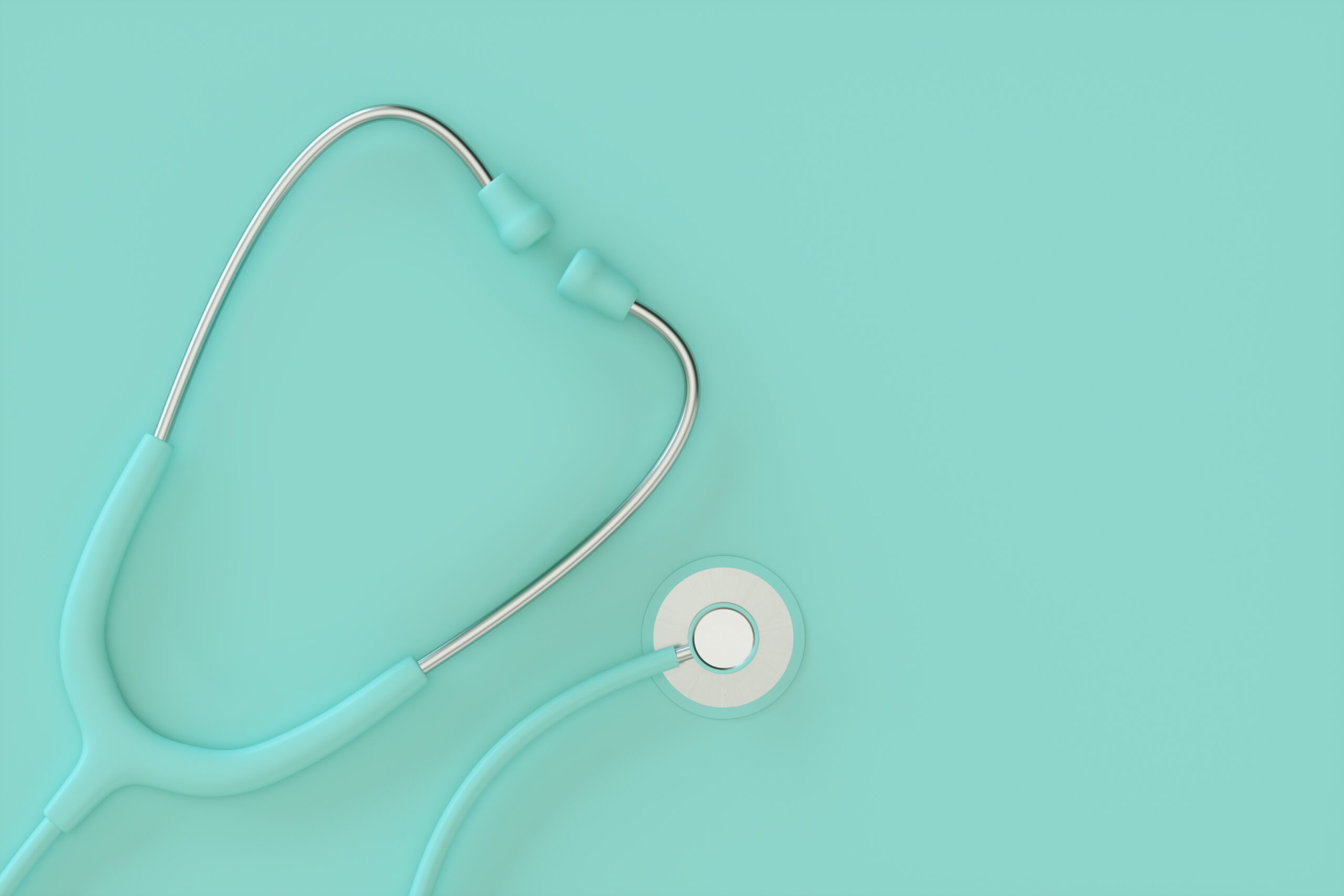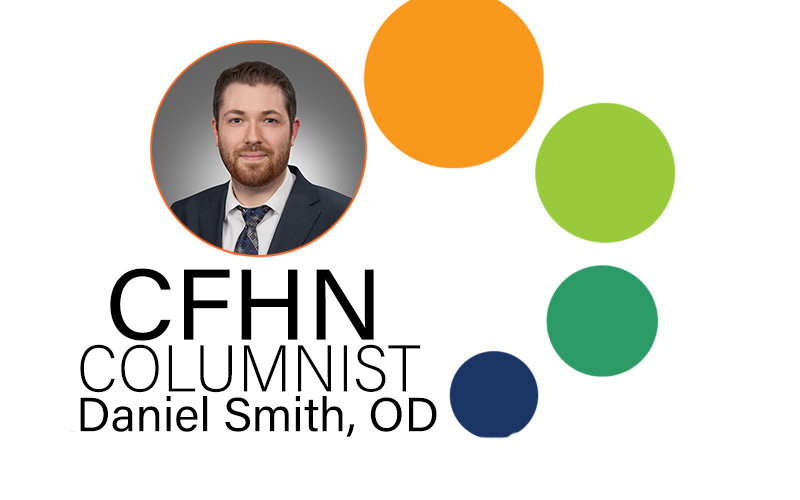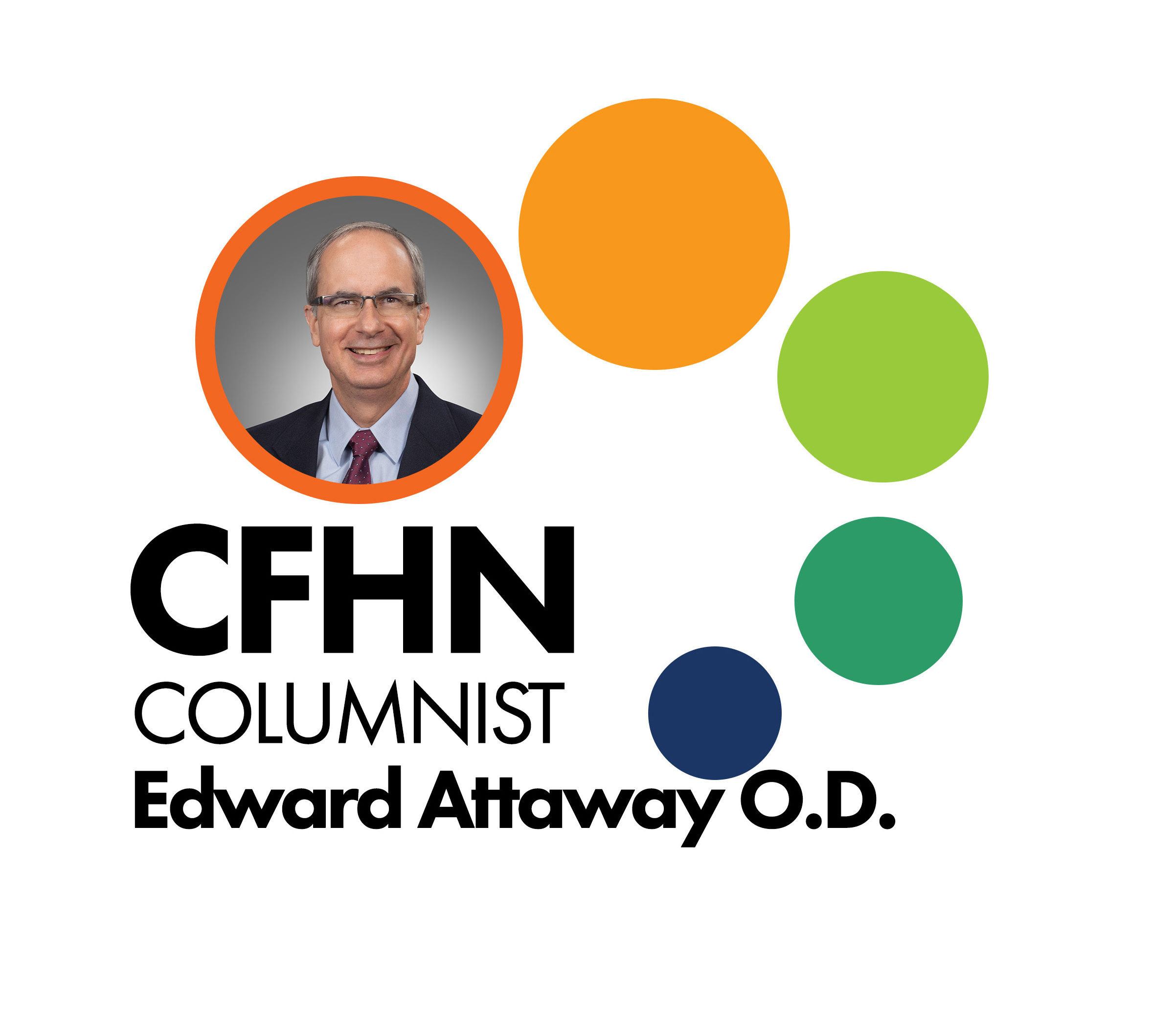
Health News
Features
-
Reaping What They Sowed
5 of BayCare Residency Program’s Inaugural Class Staying in Area to Provide Care by TERESA SCHIFFER Three years ago, six enthusiastic medical school graduates entered a new residency program at BayCare Medical Group’s Family Health Center in Winter Haven, under the leadership of Dr. Nathan Falk. On June 17 of this year, after serving Central…
-
Center for Behavioral Health Expands to Offer More Options for Care
by TERESA SCHIFFER When President John F. Kennedy passed the Community Mental Health Act of 1963, a new world was opened up to scores of individuals who would never have received the care they needed to thrive in society. Locally, Winter Haven Hospital’s Center for Behavioral Health opened its doors in 1967 as one of…
-
Evolution of Mental Health Care
WHH Center for Behavioral Health’s Retiring Clinical Director Reflects on 36 Years of Change After 36 years with Winter Haven Hospital’s Center for Behavioral Health, Clinical Director Jeff Ware, LMHC, is trading the office for retirement. Central Florida Health News spoke with Ware to learn how the community and healthcare needs have changed during his…
Columns
-
Visual Wellness in the Workplace: A Prescription for Proper Home Office Ergonomics
by Daniel Smith, O.D. In the realm of visual health, the significance of proper workplace ergonomics cannot be overstated. Technological advancement, especially in cloud computing, has led to many industries adopting remote work. Modern professionals spend a significant portion of their waking hours in a home office setting, immersed in the glow of computer screens,…
-
What on Earth Is Ischemic Optic Neuropathy?
by EDWARD ATTAWAY, O.D. Ischemic optic neuropathy may seem like a complex term, but it describes a condition that poses a serious risk to vision by decreasing blood flow to the optic nerve. The optic nerve serves as a cable, transmitting visual information from the eyes to the brain. When the circulation of blood, which…
-
Lower Extremity Swelling May Be Linked to Venous Insufficiency
The abnormal buildup of fluid in the body is called edema. Edema is commonly seen in the feet and ankles, because of the effect of gravity, swelling is particularly noticeable in these locations. Common causes of edema are prolonged standing, prolonged sitting, pregnancy, being overweight, and increase in age. Swelling in one of your legs…





